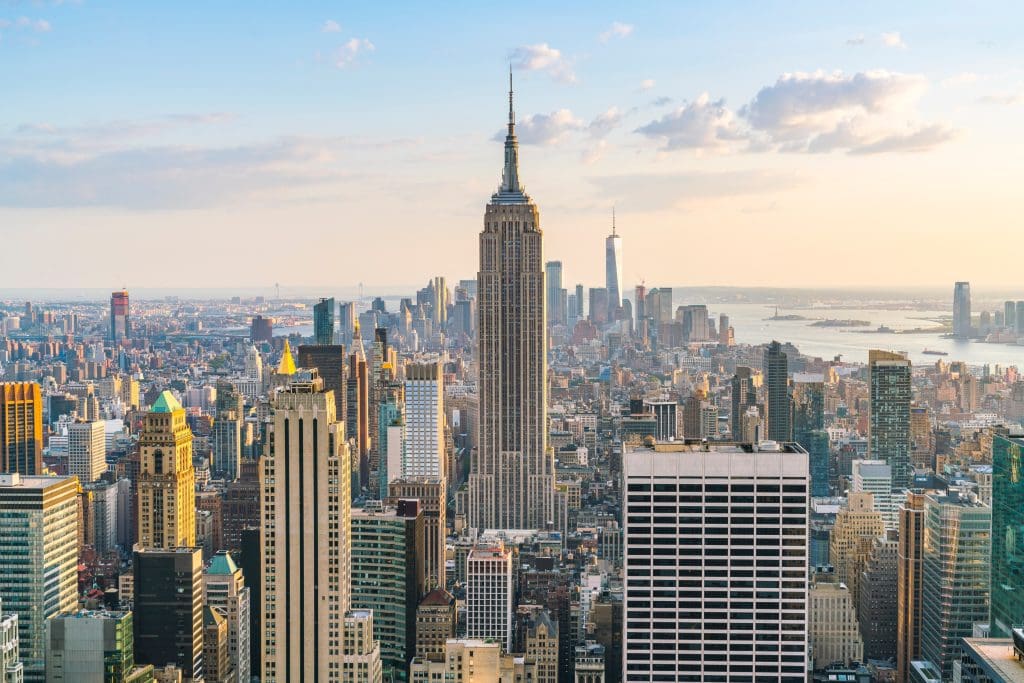
Zohran Mamdani isn’t pitching incremental change.
He’s running on a platform that would remake New York from the ground up — groceries, housing, schools, transit, and taxes.
And right now, traders on prediction market Kalshi think he’s got an 82% chance to take the election.
Love him or fear him, his blueprint is bold, disruptive, and unlike anything NYC has seen in decades. Here’s what he wants to do.
City-Run Grocery Stores

Five supermarkets, one in each borough, owned and operated by the city. No rent, no property tax, wholesale pricing. A public option in the food aisle, aimed squarely at rising costs.
Free Public Transit
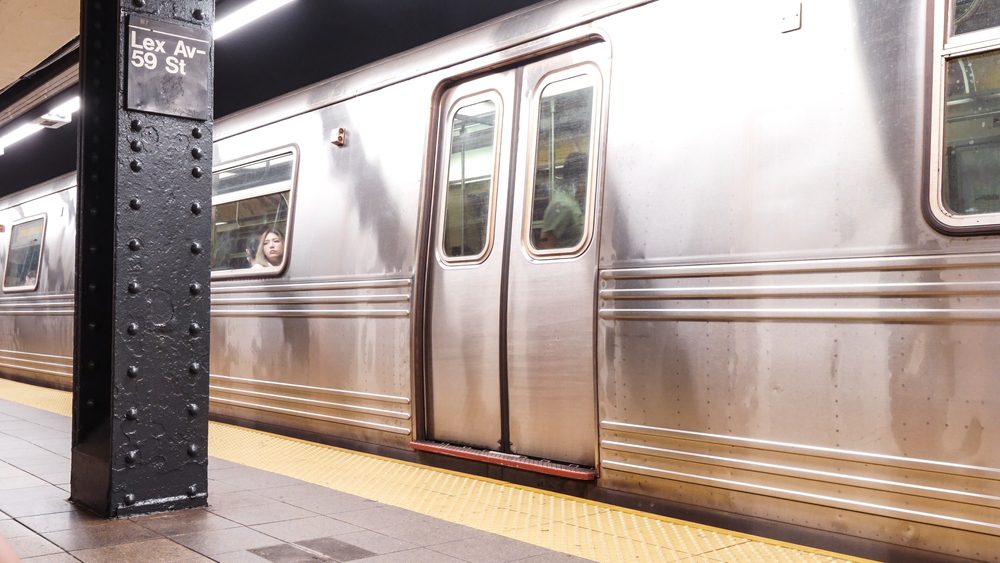
Mamdani wants buses fare-free across the five boroughs, and more funding for subways. He calls it equity, critics call it reckless spending.
Universal Childcare & Rent Freeze

A rent freeze for stabilized tenants, free childcare for kids under six, and 200,000 permanently affordable units — paid for by higher taxes on the wealthy.
$100 Billion for Housing
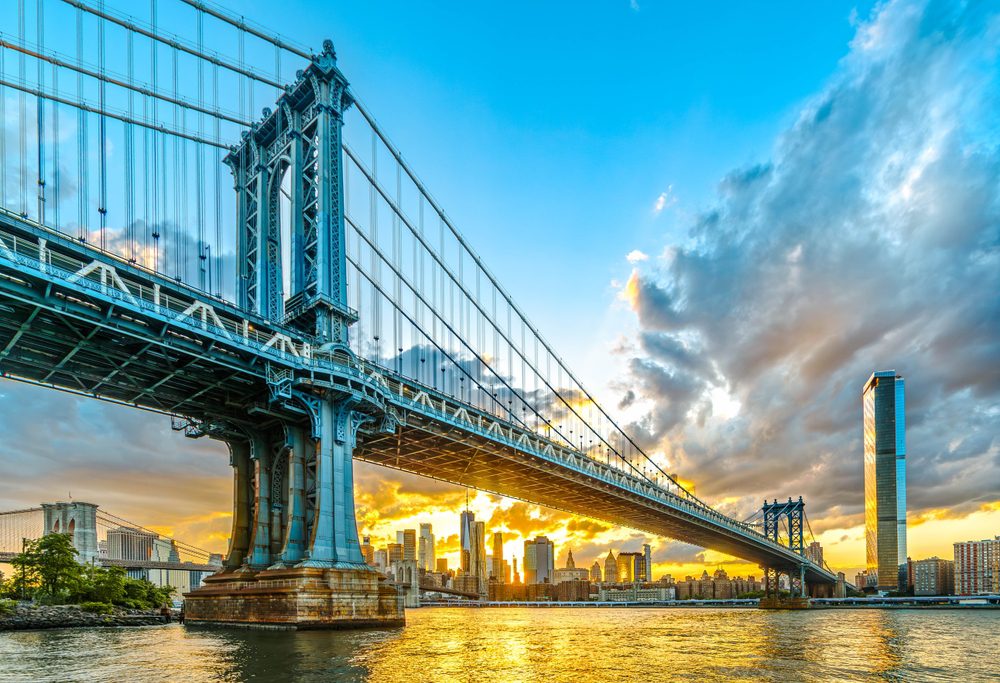
Not vouchers, not promises — a direct cash push into public housing. He says NYC has to double down if it’s ever going to solve its crisis.
Trans Healthcare Funding

$65 million for gender-affirming care through public hospitals, plus an Office of LGBTQIA+ Affairs to oversee it. A flashpoint policy sure to draw heat.
Green Schools Initiative

$3.27 billion over a decade to retrofit schools with renewable energy. Solar panels and clean infrastructure as standard equipment for classrooms.
Community Safety Department

A new bureaucracy to replace some policing: outreach workers in 100 subway stations, violence prevention programs, and an eight-fold boost in anti-hate funding.
End Mayoral Control of Schools
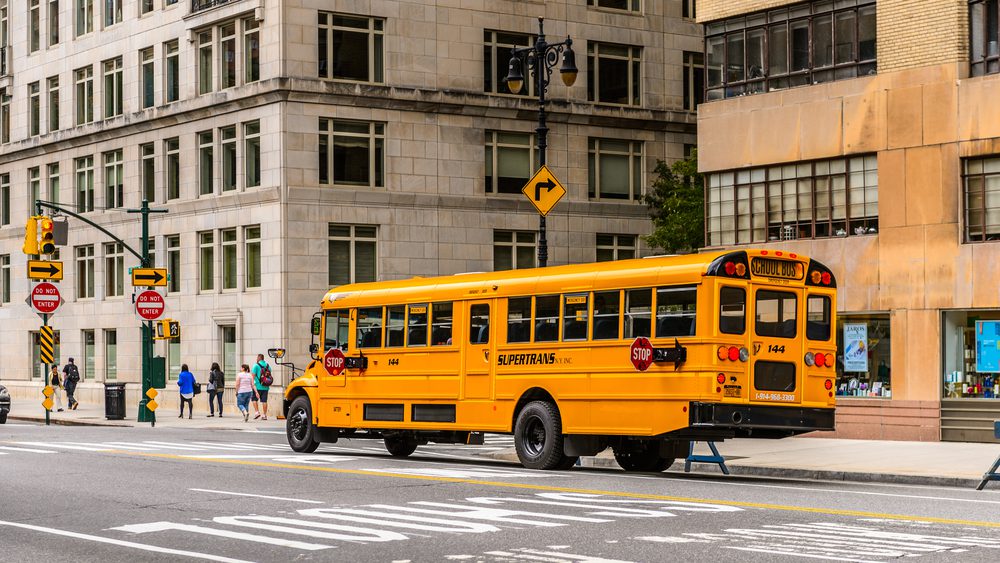
Scrap the mayor’s grip on education and return decision-making to boards and the DOE. Opponents warn it risks chaos in a fragile system.
Tax the Rich, Shift the Burden
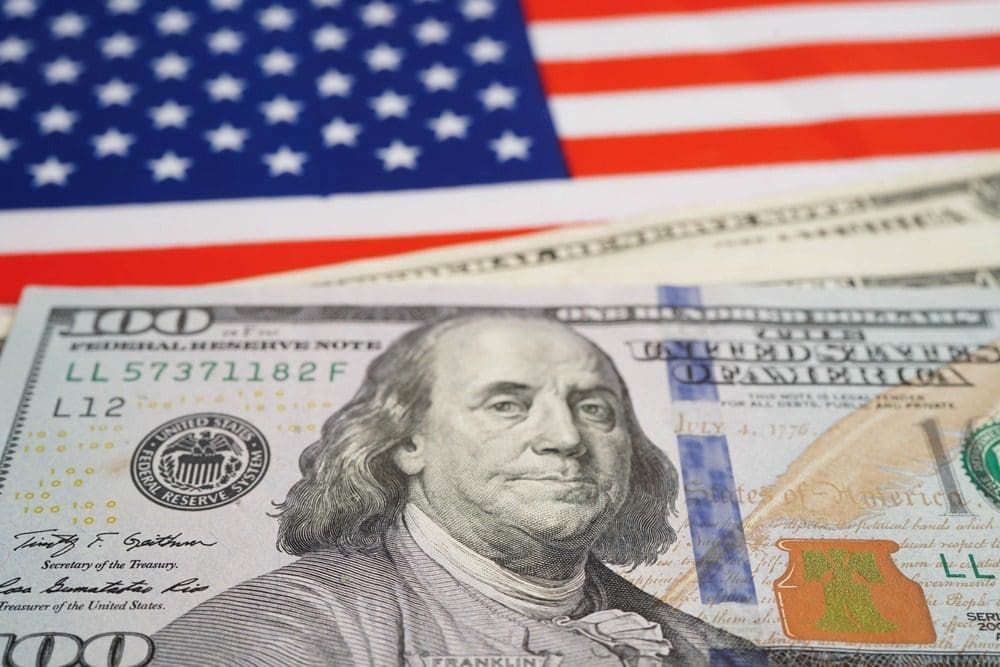
He wants wealthier, whiter neighborhoods to carry more of the tax load. Redistribution framed as justice — and fiscal stability.
Politics of Partnership
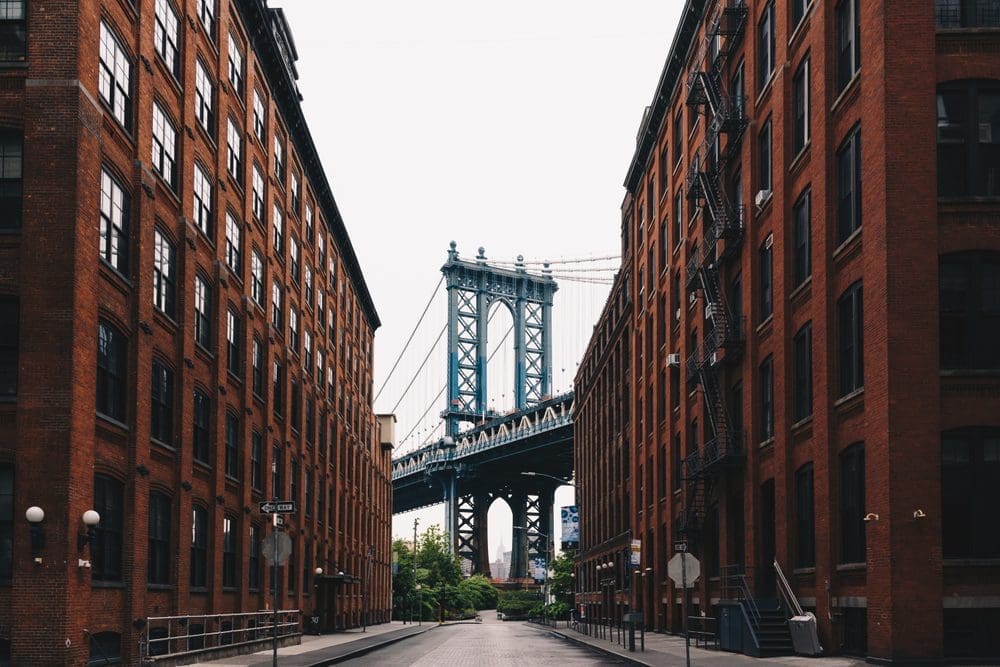
Even as he pushes city-owned groceries, Mamdani says small store owners won’t be frozen out. He calls it collaboration, not competition.

























